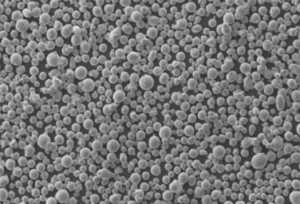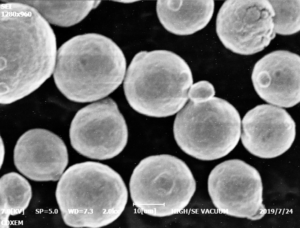Aluminum Nitride (AlN) powder is a versatile material known for its exceptional thermal and electrical properties. Its applications span across electronics, metallurgy, and ceramics, making it a critical component in modern technology. This guide provides an in-depth overview of AlN powder, from its composition and characteristics to its various applications and advantages. We’ll also compare different models, explore the pros and cons, and answer frequently asked questions.
Overview of Aluminum Nitride Powder
Aluminum Nitride (AlN) is a ceramic material with unique properties that set it apart from other compounds. Known for its high thermal conductivity, excellent electrical insulation, and stability under extreme conditions, AlN powder is indispensable in industries such as semiconductors, aerospace, and energy.
Key Features of AlN Powder
- High Thermal Conductivity: Efficient heat dissipation.
- Electrical Insulation: Ideal for electronic devices.
- Chemical Stability: Resistant to corrosion and oxidation.
- Wide Bandgap: Suitable for high-power electronic applications.
| Property | Value |
|---|---|
| Thermal Conductivity | 170-200 W/mK |
| Electrical Resistivity | >10ⁱ⁰ Ω·cm |
| Melting Point | 2,200°C |
| Density | 3.26 g/cm³ |
| Crystal Structure | Wurtzite |
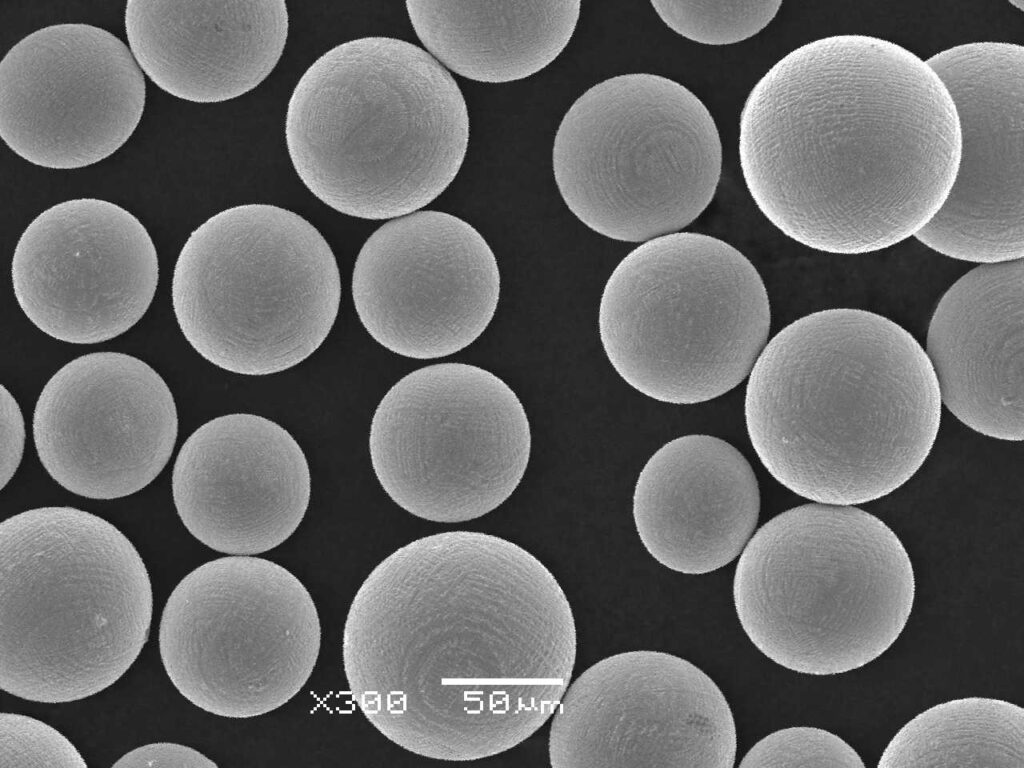
Types and Models of AlN Powder
There are various models of AlN powder tailored for specific applications. Below is a list of popular models with descriptions:
- Grade A-100: High-purity powder with low oxygen content, ideal for high-performance electronic substrates.
- ThermaAlN-150: Designed for applications requiring superior thermal conductivity.
- NanoAlN-50: Nano-sized particles for advanced coatings and composites.
- EcoAlN-200: Environmentally friendly option with sustainable production methods.
- UltraFine-300: Ultra-fine powder for precision applications in semiconductors.
- AlN-XTreme: Enhanced toughness for structural ceramics.
- SuperPure-500: Ultra-high purity for research and specialized uses.
- IndustrialAlN-700: Cost-effective option for bulk applications in general industries.
- PowderFlex-400: Flexible grain sizes for diverse applications.
- HeatSinkAlN-800: Specifically engineered for heat sink and thermal management applications.
| Model Name | Key Feature | Primary Application |
| Grade A-100 | High purity, low oxygen | Electronic substrates |
| ThermaAlN-150 | Superior thermal conductivity | Heat dissipation |
| NanoAlN-50 | Nano-sized particles | Coatings, composites |
| EcoAlN-200 | Sustainable production | General industrial use |
| UltraFine-300 | Ultra-fine grain | Precision electronics |
| AlN-XTreme | Enhanced toughness | Structural ceramics |
| SuperPure-500 | Ultra-high purity | Research, specialized electronics |
| IndustrialAlN-700 | Cost-effective | Bulk industrial applications |
| PowderFlex-400 | Versatile grain sizes | Diverse applications |
| HeatSinkAlN-800 | Optimized for heat sinks | Thermal management |
Composition of AlN Powder
Aluminum Nitride powder is primarily composed of aluminum (Al) and nitrogen (N). The composition often includes trace impurities such as oxygen or carbon, depending on the production process.
| Element | Percentage |
| Aluminum (Al) | 50-55% |
| Nitrogen (N) | 45-50% |
| Oxygen (O) | <0.5% |
| Carbon (C) | <0.2% |
Manufacturers achieve high purity through processes such as carbothermal reduction or direct nitridation.
Characteristics of AlN Powder
Physical Properties
- Density: 3.26 g/cm³
- Color: Light gray or off-white
- Particle Size: Ranges from nanometers to micrometers
Thermal Properties
- Thermal Expansion Coefficient: 4.3 × 10⁻⁶ /°C
- Thermal Conductivity: 170-200 W/mK
Electrical Properties
- Dielectric Constant: 8.6 at 1 MHz
- Electrical Resistivity: >10ⁱ⁰ Ω·cm
Chemical Properties
- Chemically inert under most conditions
- Resistant to corrosion and oxidation
| Property | Description |
| Density | 3.26 g/cm³ |
| Thermal Expansion | Low, ideal for stable structures |
| Chemical Stability | High resistance to oxidation |
| Electrical Resistivity | Excellent insulation properties |

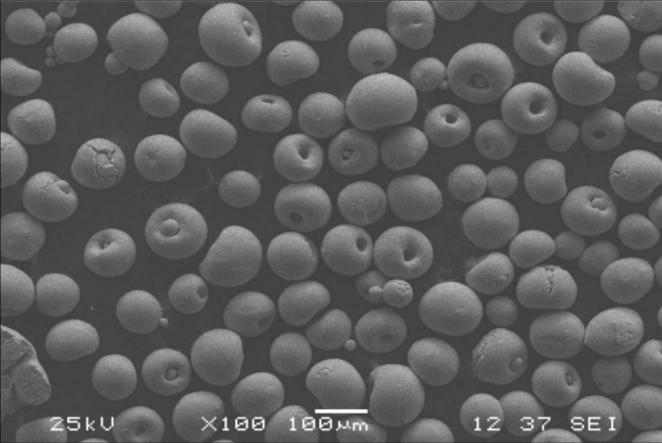
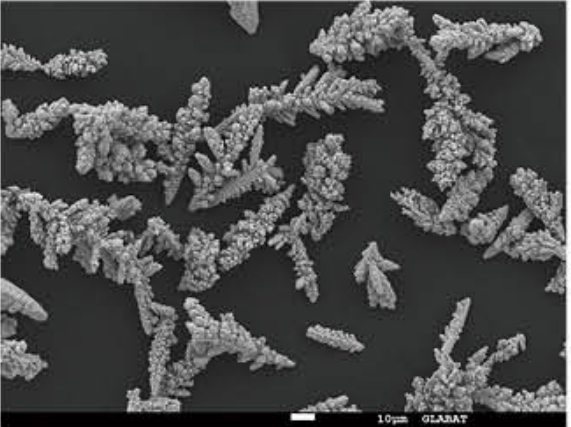
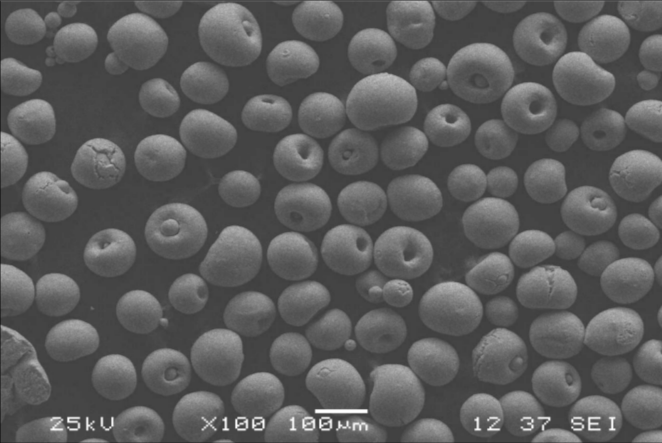
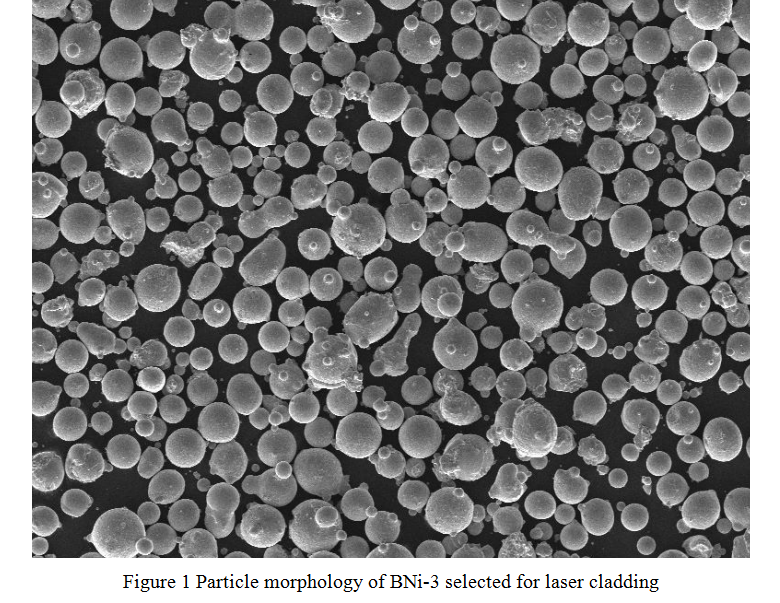
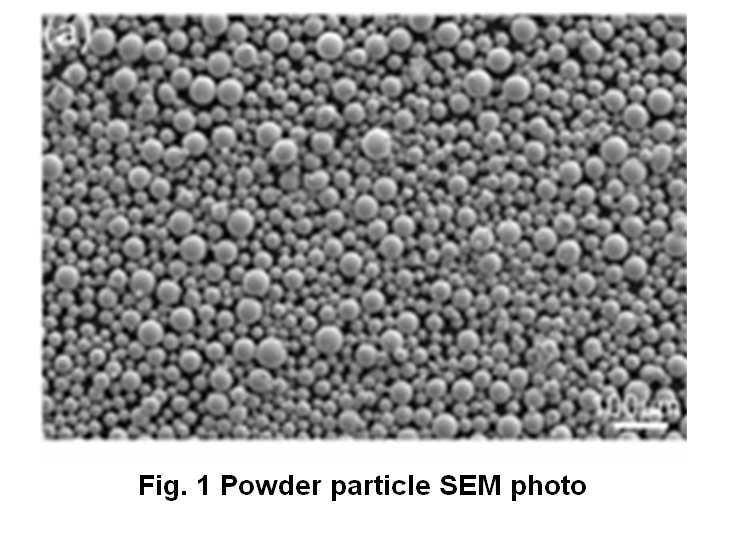

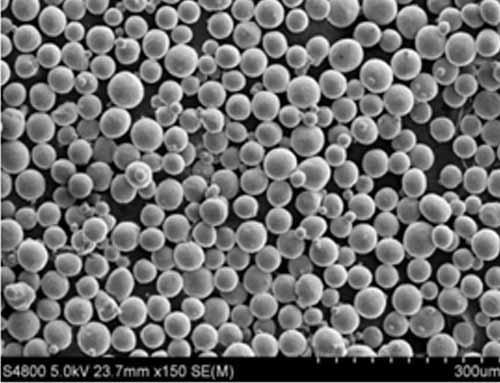
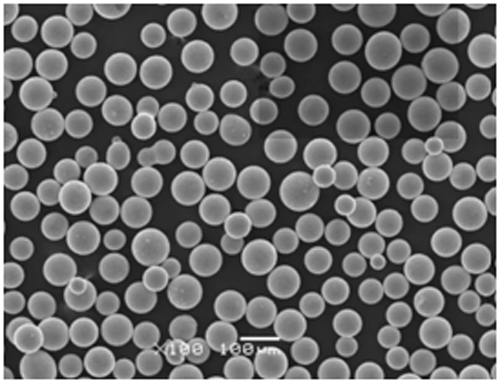
Applications of AlN Powder
Aluminum Nitride powder is widely used in various industries. Here are some of its prominent applications:
| Industry | Application |
| Electronics | Substrates, heat sinks, thermal interface materials |
| Ceramics | Structural components, high-temperature coatings |
| Aerospace | Thermal management systems |
| Energy | LED technology, photovoltaic systems |
| Metallurgy | Crucibles, metal refining aids |
| Medical Devices | Bio-compatible ceramics |
Specifications, Sizes, Grades, and Standards
AlN powder comes in various sizes and grades to suit different applications. Below is a detailed comparison:
| Specification | Range/Value |
| Particle Size | 0.1-10 micrometers |
| Purity Level | 95%-99.99% |
| Thermal Conductivity | 170-200 W/mK |
| Oxygen Content | <0.5% |
| Standards | ASTM C1685, ISO 9001 |
Suppliers and Pricing
AlN powder is available from various global suppliers. Pricing depends on purity, particle size, and order quantity.
| Supplier | Product | Price (USD/kg) | MOQ |
| Materion | Grade A-100 | $150-$200 | 1 kg |
| Advanced Ceramics | ThermaAlN-150 | $180-$250 | 5 kg |
| NanoMaterials Inc. | NanoAlN-50 | $300-$400 | 1 kg |
| GreenTech Materials | EcoAlN-200 | $120-$170 | 10 kg |
Advantages and Limitations of AlN Powder
Advantages
- High thermal conductivity for efficient heat dissipation.
- Excellent electrical insulation properties.
- Chemically stable and resistant to oxidation.
Limitations
- Relatively high production costs.
- Brittle nature limits mechanical applications.
- Susceptibility to hydrolysis under specific conditions.
| Aspect | Advantages | Limitations |
| Thermal Conductivity | High | None |
| Electrical Properties | Excellent insulation | Not conductive |
| Cost | High-end applications justify cost | Expensive for general use |

FAQ
| Question | Answer |
| What is AlN powder used for? | It’s used in electronics, ceramics, aerospace, energy, and medical industries. |
| Why is AlN powder expensive? | The high cost is due to complex production processes and high purity levels. |
| How is AlN powder produced? | It’s typically made through carbothermal reduction or direct nitridation. |
| Can AlN powder conduct electricity? | No, it’s an excellent electrical insulator. |
| Is AlN environmentally friendly? | Yes, especially eco-friendly grades like EcoAlN-200. |
